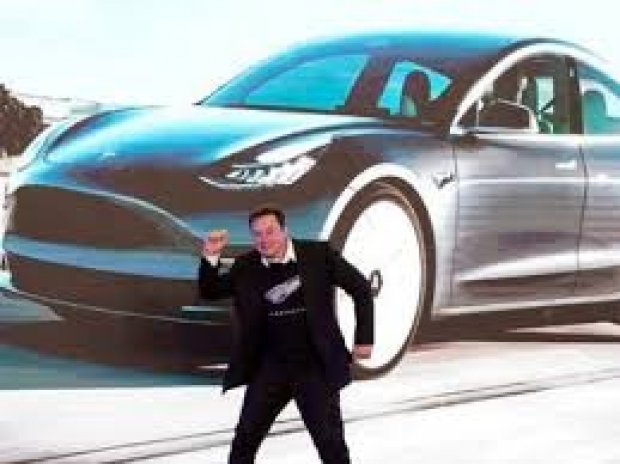The report from IDTechEx on “Full Hybrid Electric Vehicle Markets 2021-2041”, said that Hybrid electric vehicles (HEVs) have seen significant growth in sales over recent years, and the HEV market is set to increase in 2020 despite the implications of COVID-19 on the global automotive industry.
These HEVs or “self-charging hybrids” (hybrids which do not plug in but have electric-only driving modes), provide for the consumer that wants reduced fuel consumption and CO2 emissions but isn’t completely convinced by the proposition of plug-in vehicles.
This could be due to the increased cost of battery-electric vehicles (BEVs) and plug-in hybrids (PHEVs) or the potential lack of charging capabilities at their residence. Either way, the HEV presents a good opportunity in the short term for these consumers.
While the rest of the European car market is expected to see a significant drop in sales for 2020 due to COVID-19 related shutdowns. The HEV market is expected to continue its strong growth.
Japan has historically been the strongest market for HEVs, with the likes of Toyota, Honda, and Nissan all playing significant roles. However, it is expected that Europe will overtake Japan in 2020, even if the majority of HEV sales still come from Japanese manufacturers. While it appears that Europe will remain the largest HEV market for some time, it is inherently limited.
Several European countries have set out plans or regulations to ban the sales of new ICE vehicles in the 2030s. Several have not made their stance clear on HEVs and PHEVs, but some have. The UK, for example, is aiming to have no vehicles with combustion engines of any form being sold from 2035. Given that the EU is such a strong market for HEVs, this could drive the trend worldwide, the report said.
HEVs do not only have to contend with impending regulations but also with competition from other drivetrain technologies.
PHEVs present much better fuel consumption and CO2 emissions figures (at least under testing standards), but there is a threat from the rise of 48V hybrid technology, for which some are promising 80 percent of HEV performance for 30 percent of the powertrain cost.
The report said that all three could potentially be limited by future fossil fuel bans, but PHEVs are looked upon more favourably, and the 48V mild hybrids are easier to integrate to improve CO2 emissions and fuel economy quickly.

